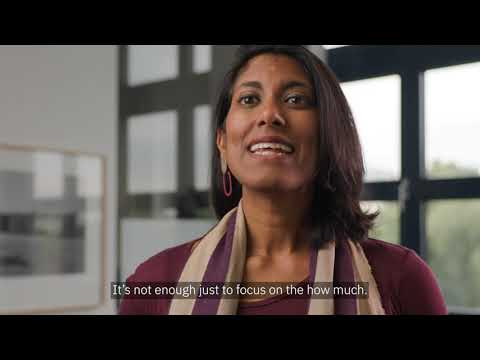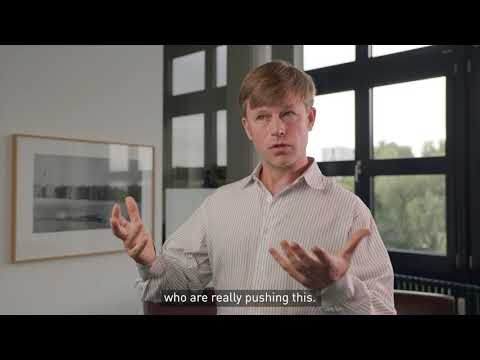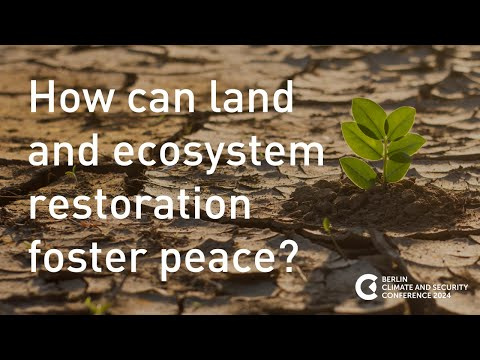Climate Diplomacy and Security at adelphi

OUR PROJECTS:
Weathering Risk unites cutting-edge climate security impact data with expert conflict analysis to close the gaps in understanding the impacts of climate change on peace and security. It provides analyses, tools for capacity support, dialogues, and trainings to encourage peace and resilience in a changing climate.
Weathering Risk’s forward-looking analysis incorporates spatially disaggregated climate impact data and scenarios, combining both qualitative and quantitative research to identify opportunities for policies and interventions informed by climate-security risks. Projects have been carried out across Africa, the Pacific, Yemen, Jordan, and Iraq, with plans to extend to new regions.
More on Weathering Risk
The Weathering Risk Peace Pillar integrates climate and environmental security into peace programming in regions severely affected by conflict and climate risks. In partnership with experienced peacebuilding and peacemaking organisations, the Weathering Risk Peace Pillar implements projects in Iraq, Yemen, Somalia, Nigeria and the Bay of Bengal. The projects incorporate climate and environmental considerations into their consultations, dialogues and mediation work.
The Weathering Risk Peace Pillar monitors and evaluates the impact of its work and generates evidence-based recommendations for peace. The Peace Pillar monitors and evaluates the impact of its project interventions across its different peace, climate and environmental dimensions. To ensure empirical learning, the results of these impact assessments will be streamlined into implementation to ensure successful interventions. The collected lessons learned, best practices and insights will be shared with practitioners and policy makers to develop a growing evidence base, enabling more targeted and systematic integrated peace programming in the future.
The Climate Diplomacy knowledge platform provides comprehensive information to societies and decision-makers, as well as facilitates and supports the formation of regional perspectives, with a view to shaping narratives that resonate in different contexts.
Launched in 2019, the annual Berlin Climate and Security Conference (BCSC) has become a key global forum. It connects governments, international organisations, experts, and practitioners working to promote, coordinate and advance concrete climate security approaches and initiatives to drive action and implementation efforts.
More on BCSC
Since 2007, the Organization for Security and Co-operation in Europe (OSCE) has been working with partners on the security implications of climate change,
Building on this work, in 2020, the OSCE, in collaboration with adelphi, started the project “Strengthening responses to security risks from climate change in South-Eastern Europe, Eastern Europe, the South Caucasus and Central Asia”. The project aims to reduce climate change-related security risks in the four project regions by raising awareness, developing capacities, and sharing knowledge within and among the project regions. adelphi has been a key partner of the OSCE for the implementation of the project since its beginning in 2020. The project is now on its second phase, working towards the implementation, monitoring and evaluation, and capacity development together with regional, national and local level stakeholders.
More on the OSCE Climate Security Dialogue
The Climate Security Expert Network (CSEN), made up of around 30 international experts, focuses on researching the links between climate and security, including the impact of climate change on security and responses to these issues. CSEN is run by adelphi and supports the Group of Friends on Climate and Security and the UN's Climate Security Mechanism by synthesising scientific knowledge and expertise, advising on entry points for building resilience to climate-security risks, and strengthening a shared understanding of the challenges and opportunities of addressing these risks. Funded by the German Federal Foreign Office, the network's Secretariat is operated by the Berlin-based think tank adelphi.
More on CSEN
adelphi has developed a ready-to-use, modular climate security training programme. Participants learn to better assess climate-security risks, increase capacities to integrate these risks into programming, and enhance action to address these risks on the ground.
More on adelphi’s capacity development
The project HABITABLE – Linking Climate Change, Habitability and Social Tipping Points: Scenarios for Climate Migration – investigates how and to what extent climate change affects the habitability of socio-ecological systems and transforms current and future migration patterns. The project contends that migration outcomes are strongly dependent upon individual and collective perceptions of changes and risks, as well as other mitigating factors of these changes. By analysing the effects of climate impacts on the system as a whole – including social, political, economic, environmental and demographic factors – and accounting for both objective and subjective dimensions, HABITABLE’s systemic approach contributes to the design of appropriate and sustainable policy responses to the climate-migration nexus.
The HABITABLE project is the largest project on climate change and migration that has ever been funded by the European Commission's Horizon 2020 programme. It is implemented by a consortium of 20 partners from different disciplines, including academic research institutions, think tanks, non-governmental organisations, and international organisations from 17 countries from Europe, West Africa, East Africa, Southern Africa and Southeast Asia.
adelphi research’s work within HABITABLE focuses on developing climate-migration scenario narratives for the year 2050, which is used to identify scenario-specific opportunities for political action and suggest climate adaptation and migration policies to tackle the possible challenges associated with different scenarios. The climate-migration scenario narratives are co-developed with different stakeholders and external experts through a series of workshops, and the results are published in different formats to stimulate creative thinking and strategic planning among both expert and non-expert audiences. adelphi research also contributes to the identification of legal and policy options to address the climate-migration nexus through dedicated workshops with experts from different fields, and by conducting a Political Economy Analysis to test their coherence, robustness and feasibility.
Europe is strongly linked to the rest of the world via trade, value chains, business operations and financial investment, as well as its security, development and diplomatic interests. It is thereby also linked to risks of climate change to countries, economies and peoples beyond Europe. How might this risks cascade into Europe and what are possible effects? The ultimate goal of this project is the design of a European policy framework to address these risks.
While direct climate change risks in Europe are relatively well-studied, less is known about how climate impacts beyond the continent might trigger risk cascades that affect Europe itself. Moreover, it remains unclear what effect such cascading risks will have on existing and future challenges facing European societies – such as water and energy scarcity, socio-political tensions, rising inequality, financial instability, conflicts and changing security threats.
In order to identify climate impact and risks, we analysed trade, political and financial channels. The CASCADES team – a consortium of 12 partners – was using state-of-the-art quantitative and qualitative research from different disciplines and stakeholder engagement approaches. The team built on established climate change impact simulations to develop scenarios and inform a wide range of new models.
This project, commissioned by the G7, was the first ever climate and fragility assessment of a specific region. It was the product of an intensive two-year period of research across Cameroon, Chad, Niger and Nigeria. The assessment drew on long-term hydrological data from the Lake Chad basin and brand new analysis of 20 years of satellite observations. It also built on more than 200 interviews with community members, including past and present members of armed groups, experts and officials. The study provided entry points and guiding principles to address climate-fragility risks in the Lake Chad region and beyond, it also underscored the universal need for risk-informed responses to complex crises if current development goals are ever to be met.
The assessment was led by adelphi in cooperation with the Institut de Recherche pour le Développement (IRD)/Centre Européen de Recherche et d’Enseignement des Géosciences de l’Environnement (CEREGE), France, and local conflict analysts from the Lake Chad region.
Meet the team
Interviews with our experts
"Why the peace perspecitve matters at COP" - Janani Vivekananda, Head of Programme
"Is a UN Security Council resolution on climate change within reach?" - Benjamin Pohl, Head of Programme
"Climate change will see terrorism thrive" - Lukas Rüttinger, Senior Advisor at adelphi
How can land and ecosystem restoration foster peace? - Beatrice Mosello, Senior Advisor, and Mary Potts, Analyst





